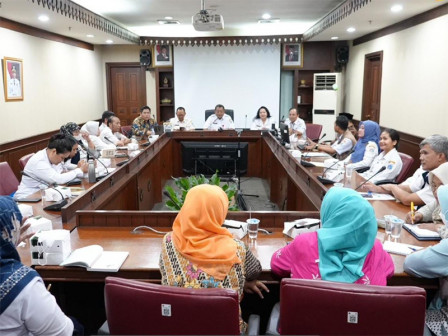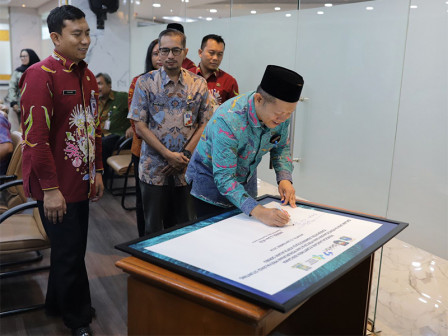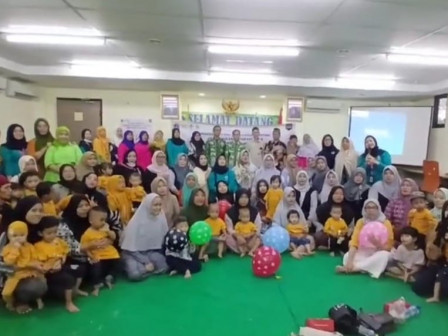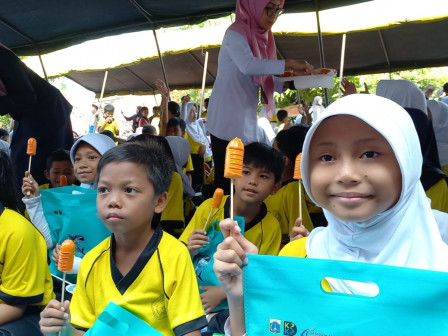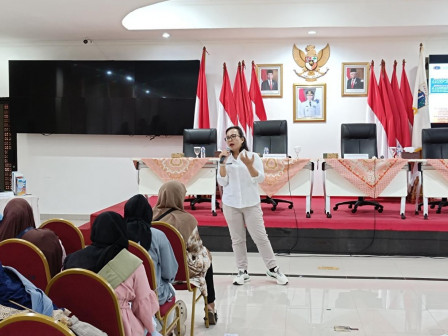C. Jakarta Administration Evaluates Operational Achievements in Accelerating Stunting Reduction
Reported by Budhi Firmansyah Surapati | Translated by
The Central Jakarta administration Government is evaluating the operational achievement indicators for the national strategy (Stranas) action plan to accelerate stunting reduction.
We'll see the action patterns of each OPD
Central Jakarta Administration Secretary, Iqbal Akbarudin said the evaluation focused on the involvement of local government organizations (OPD) that have the authority in maximum stunting prevention convergence actions.
"We'll see the action patterns of each OPD, to what extent they reach the targets we have planned," he expressed.
Toddlers and Elderly in Utan Panjang Enjoy Posyandu ServicesHe continued there are target groups in the stunting reduction strategy. The targets were grouped from teenagers, prospective brides, pregnant women, breastfeeding mothers, to children aged 0-59 months.
"Forward-looking, we will communicate and collaborate with OPD, regarding the provision of iron tablets for teenagers, health checks for prospective brides and grooms and the provision of balanced nutritious food for pregnant women," he explained.
Central Jakarta People's Welfare Division Head, Ahmad Joehandi added this evaluation is a preparation for the sixth and seventh actions. It is important to update data for publication.
"It will be seen whether stunting increases or decreases. Hopefully, with accurate data and long intervention, it can intervene stunting," he asserted.
Meanwhile, Home Ministry's Public Health and Nutrition Specialist, Mirwan Rahmadi Yusuf explained that the national strategy for reducing stunting was implemented with six pillars to achieve the target.
The first pillar is to reduce the prevalence of stunting, second is to improve the quality of preparation for family life, third is to ensure the fulfillment of nutritional intake and fourth is to improve parenting patterns.
Fifth, improving access and health services and quality. Then sixth, improving access to drinking water and sanitation.
"Hope this strategy can run maximally," he hoped.
